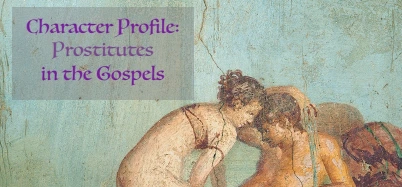Was first-century Jerusalem really crawling with prostitutes, as Jesus’ saying about tax collectors and harlots entering the Kingdom of God seems to suggest?
Coordinating Ritual and Moral Purity in the New Testament
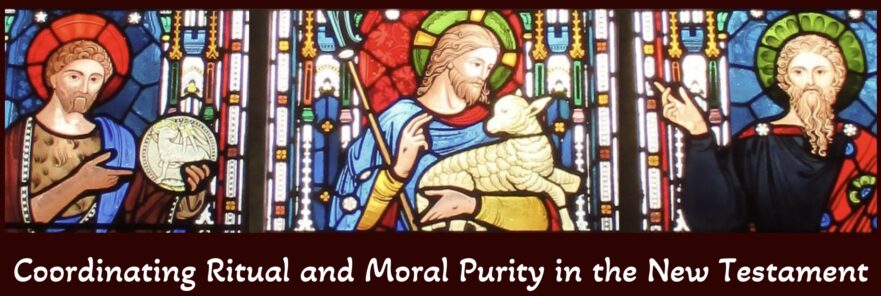
Taking another look at how John the Baptist, Jesus, and the Apostle Paul related to issues of ritual and moral purity.
Two Kinds of Love in the Story of the Paralyzed Man
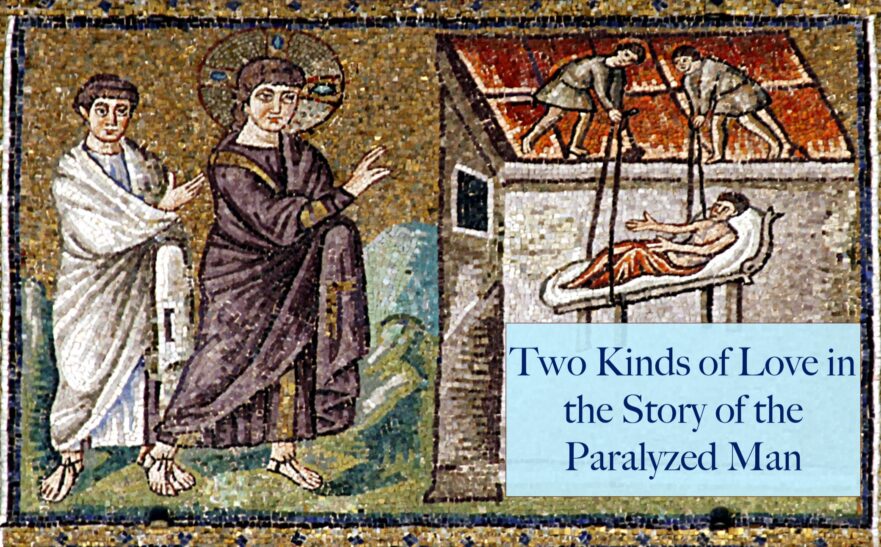
Two kinds of love operate in the story of the paralyzed man. One kind of love is inclusive and redemptive, the other is exclusive and destructive. Which kind of love will prove victorious?
What’s Wrong with Contagious Purity? Debunking the Myth that Jesus Never Became Ritually Impure

The view that Jesus could not be affected by impurity and that Jesus was able to spread his purity to others is based on faulty assumptions and invalid inferences.
Two Neglected Aspects of the Centurion’s Slave Pericope

Ritual impurity and the tensions resulting from Roman imperialism are two aspects of the Centurion’s Slave pericope that often go overlooked.
Why Do You Call Me ‘Lord’?: On the Origins of Jesus’ Dominical Title
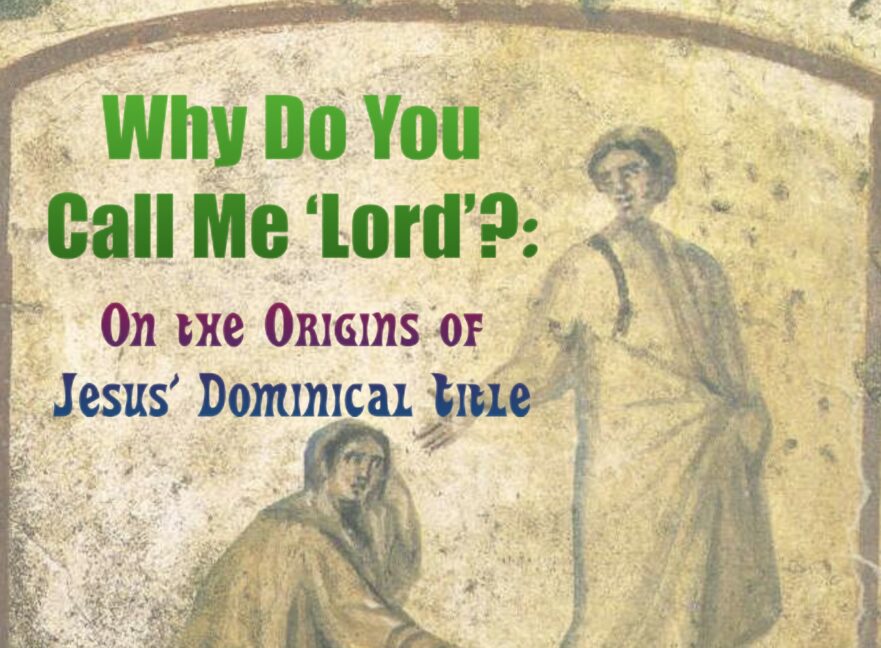
The confession “Jesus is Lord” is the simplest and earliest Christian creed. But how did referring to Jesus as “Lord” begin?
Evidence of Pro-Roman Leanings in the Gospel of Matthew
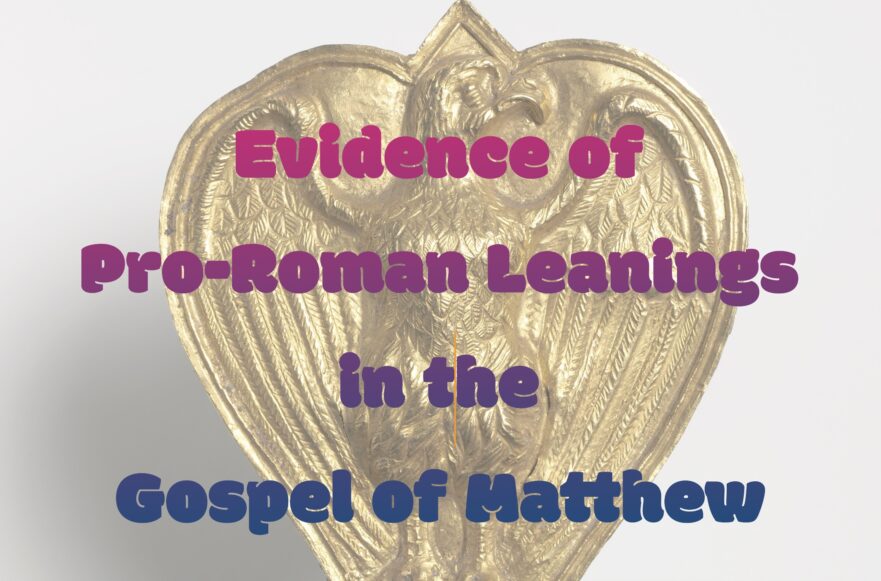
Hindsight and political expedience shaped the author of Matthew’s view of the Roman Empire.
The Social Jesus: Beyond an Individualist Reading of the Capernaum Synagogue Incident
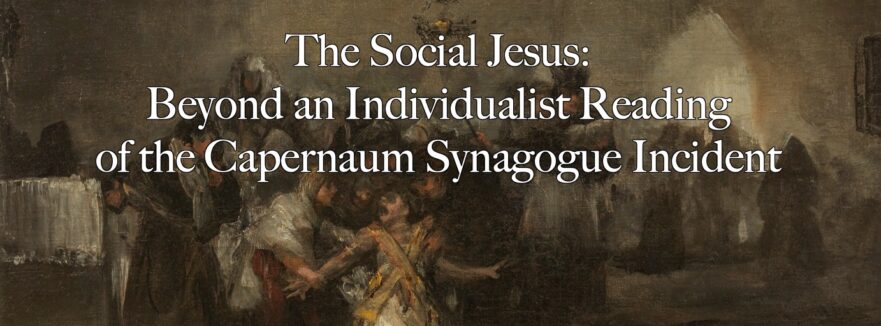
In the social reading of the Capernaum Synagogue incident Jesus restores the tattered fabric of the community, exchanging the way things were for a newer and better way.
Tangled up in Techēlet: Tzitzit (Ritual Tassels) in the Time of Jesus
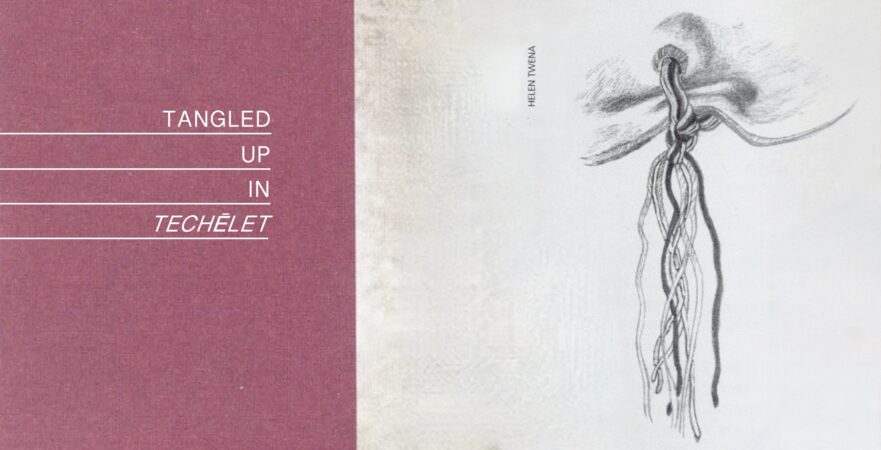
Although the wearing of tzitzit is enjoined in Scripture, we do not find records of its actual observance until the Second Temple period.
The Names of Jerusalem in the Synoptic Gospels and Acts
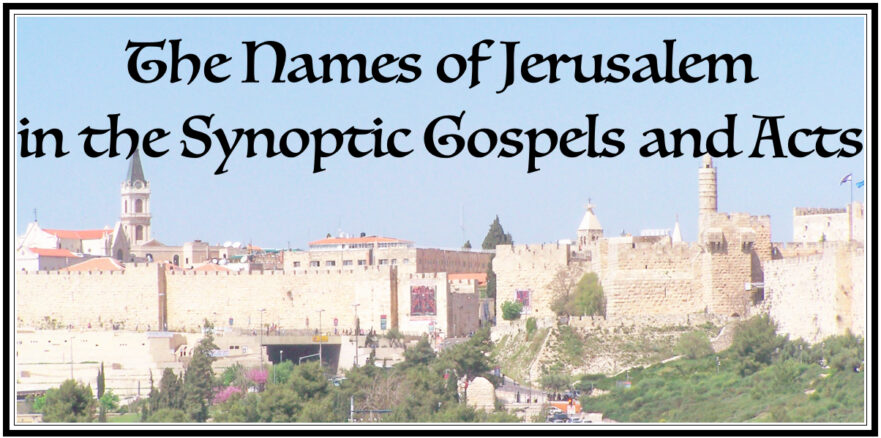
What can the Greek and Hebrew forms of Jerusalem’s name tell us either about the sources of the Synoptic Gospels and Acts or the audiences to whom these works were addressed?
What Is the Leaven of the Pharisees?
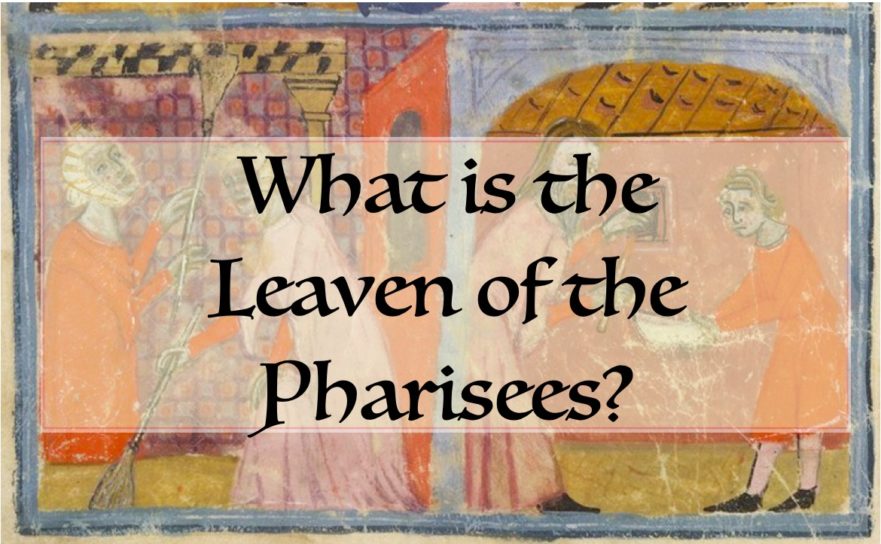
The Gospels of Matthew, Mark and Luke give three different answers. Which, if any, is original?
Failures of the Aramaic Solution: Aramaic’s Inability to Explain Jesus’ Halachic Questions on the Sabbath (Luke 14:5; Matt. 12:11-12a)

How well does Aramaic explain Jesus’ sayings on healing on the Sabbath?
Stephen’s Speech (Acts 7:1-53) and Early Jewish Scriptural Interpretation
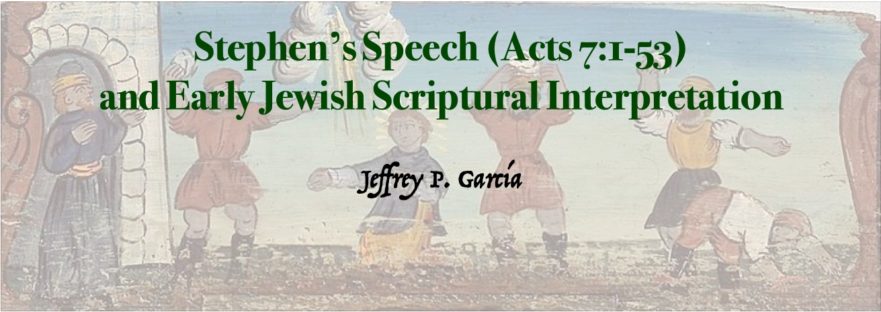
Discover connections between Stephen’s Speech and ancient Jewish literature.
A Synoptic Approach to ‘Lord of the Sabbath’
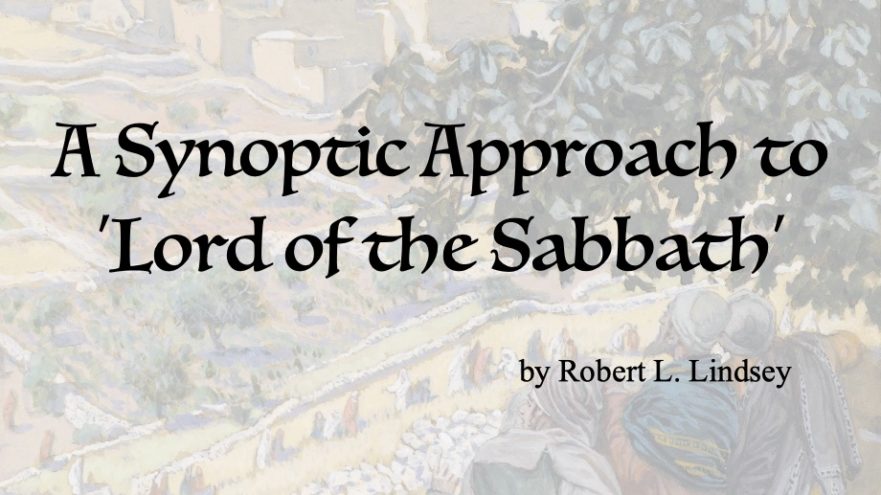
Listen to Lindsey discuss his approach to the ‘Lord of the Sabbath’ pericope.
The Historical Jesus, a Tanna? Charity and Deeds of Loving-Kindness in the Gospels and Early Rabbinic Thought

When nearly precise rabbinic parallels to stories and sayings in the Gospels exist, it may indicate that the Gospels are preserving traditions of the early Jesus movement and, perhaps, the historical Jesus.
Teaching with Authority: The Development of Jesus’ Portrayal as a Teacher within the Synoptic Tradition
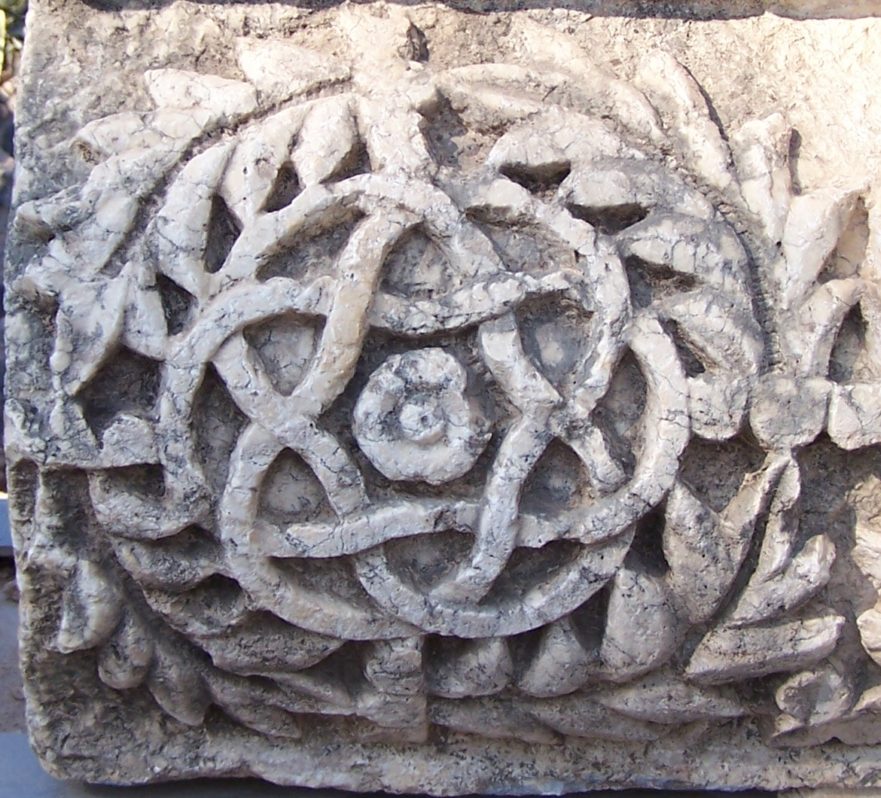
When Jesus’ teaching is falsely portrayed as entirely new, it obscures what in Jesus’ message is truly unique.
Character Profile: Mary Magdalene

In place of accurate facts about Mary Magdalene, strange ideas and fabulous speculations have arisen that have diminished the true image of one of the most important women in the New Testament.

